COMMENT | The 11th Malaysia Plan launched five years ago by then prime minister Najib Abdul Razak marked the implementation of Malaysian Indian Blueprint (MIB). The MIB, together with the implementation unit, Socio-Economic Development of the Indian Community Unit (Sedic), which was later re-branded as the Malaysian Indian Transformation Unit (Mitra), became the designated tool for the government in “micro-managing” the development of Indians in targeted areas, with an annual allocation of RM100 million.
It has been five years since it’s inception, with a total of RM500 million spent as we head into the 12th Malaysia Plan (2021-2025). Despite the fact that a total of RM500 million has been spent on the subject matter for the past five years, it remains unclear, till today, as to whether the Indian masses have benefited from it.
The change of government in mid-2018 led to the suspension of the MIB, which has since no longer been in the agenda of any preceding government, despite being clearly marked under the 11th Malaysian Plan. Both Sedic and Mitra operated based on the following themes/pillars: 1. Policy & Planning, 2. Education & Training, 3. Social Well-being, and 4. Identity & Inclusiveness. The mechanism used is by giving out funds to “strategic partners” – namely NGOs, institutions, foundations and companies to implement the approved programmes.
For years, this has been the practice. Whether such practices made an impact or not, I’ll leave it to the respective beneficiaries to answer, but I personally believe there’s so much more to be done, especially in terms of efficient utilisation of the funds.
Here is my take for the RM100 million allocation for 2021:
- Implementation of direct one-off cash transfer programme for targeted groups
The proposed implementation of a “one-off ” direct cash transfer programme under Mitra is with the aim of cushioning vulnerable Indian households from the impact of Covid-19 on our economy. This proposed initiative must focus on target groups, such as retrenched workers or underemployed families all over the country. Some might argue that with only RM100 million in hand, how many could be helped?
The answer would definitely be: Not all! So, let’s target this to those that need it the most. With RM20 million (20 percent of the Mitra fund for the year), a direct one-off cash transfer initiative worth RM1,000 for each recipient could be implemented for 20,000 vulnerable households. RM1,000 for one household will definitely not change their future for good, but it will create a spillover effect that would in return create a positive impact on the local economy.
The Department of Statistics reported that as of September 2020, a total of 738,000 Malaysians are unemployed, compared to only 500,000 in early 2020. Besides, 300,000 to 414,000 Malaysians are now “underemployed”. These are daily paid workers who are facing work time cutoff due to impacts of the pandemic on our economy. Just imagine how much difference an extra RM1,000 in the pockets of these people will do, individually, and an additional RM20 million as a whole flowing into the economy will do, collectively.
- Implementation of the “1 Student, 1 Laptop” programme
The Covid-19 pandemic has changed human life in all ways possible, including higher education. The implementation of online learning today, as the alternative to physical learning, has also shown us the disparity among students as those from vulnerable backgrounds couldn’t equip themselves with the needs and tools of online learning.
Despite the fact that it is now almost a year since online learning has been implemented in all higher learning institutions, we still see and read cases of students who cannot pursue online studies due to their inability to buy laptops. With RM10 million (10 percent of Mitra funds), we would be able to directly provide at least 10,000 students from vulnerable backgrounds in our higher learning institutions every year with a basic laptop worth RM1,000.
This would be another direct impact programme that can be implemented by Mitra, as by doing so we will not just be enabling these students to be more equipped for education, but also enable them to be able to participate in the globalised world we all live in today more effectively. For instance, a student with a laptop can also venture into online business to generate passive income while studying, or attend free upskilling and reskilling courses effectively.
If implemented, we can ensure that over the next five-year time span, at least 50,000 Indian students from vulnerable backgrounds all over the country will own a laptop costing Mitra just RM50 million.
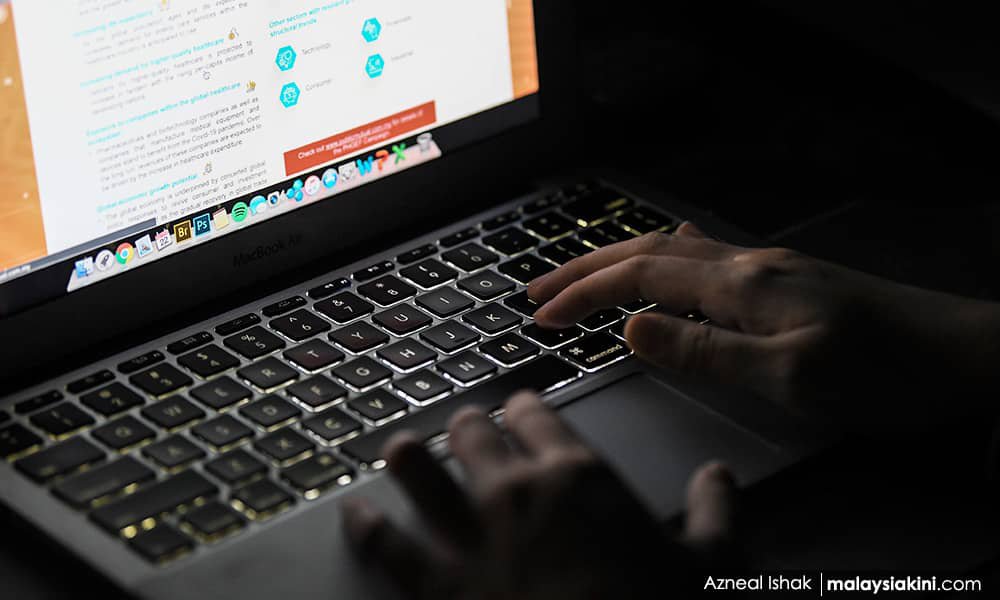
- Implementation of subsidised internet services for vulnerable households
Improving the social inclusion of Indians has always been a “subject of interest” when it comes to the development of Indians. Why? The common history we all share is such. Years of negligence in estates. Being deprived of various rightful opportunities and platforms, as well as failure in policy implementation in both the micro and macro levels, have isolated most, if not the whole of our community, from the rest of Malaysians.
In an attempt to resolve this isolation, several attempts were made from time to time in order to achieve a better inclusion of our community under MIB, including the likes of increasing the quota for Indians in our civil service, in public education institutions and etc. Nevertheless, the ever-changing world we live in today poses a totally different dynamic and requires a change from time to time, so as not to be left behind. Staying connected to the “online world” is one such requirement of the social inclusion agenda today.
Despite statistics proving a sharp rise in internet access (90.1 percent as of late last year), the reality is that this sharp rise is due to increased access to smartphones, not due to access to proper internet services. The fact is that connectivity still remains a privilege, not a need in many vulnerable households, and this serves as a major factor in leaving ordinary Indians, especially those from vulnerable backgrounds, further behind the others.
As such Mitra can also consider providing subsidised internet services through a memorandum of understanding (MOU) with Telekom Malaysia or other service providers for vulnerable Indian households all over Malaysia as a strategic attempt to encourage Indians to participate actively in today’s globalised world. A basic Unifi plan will cost RM149 a month. Assuming Mitra takes up 50 percent, it will only cost RM75 monthly for every household. Assuming that each recipient is subsidised for 24 months, it will cost RM1,800 only per household, in total.
If 10,000 households are to participate in a batch for 24 months, it’ll only cost RM18 million per batch/RM9 million per year (nine percent of Mitra funds). If implemented, a total of 30,000 Indian households from vulnerable backgrounds will have access to stable internet access during the five years. This connectivity with a proper mentoring programme to assist recipients obtain knowledge/skills and generate income through the internet will come in hand to provide them with social mobility.
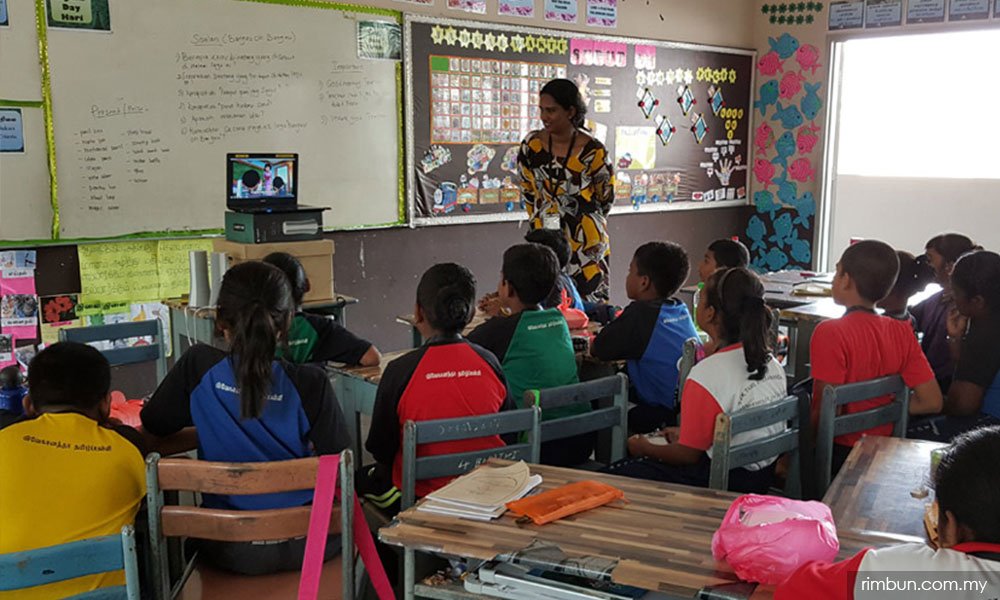
- Revamping pre-school support system
Mitra subsidises pre-school programmes run by organisations all over the country for children from vulnerable backgrounds. This is part of Mitra’s continuous attempt to ensuring that Indian children from vulnerable family backgrounds get equal early education opportunity. How the existing system works is by Mitra providing subsidies for registered pre-schools all over Malaysia to help them run and support the administration of these pre-schools.
With this subsidy, Mitra managed to ensure prices for pre-school programmes are within the limitations of any Malaysian, especially from the vulnerable background. Nevertheless, prior discussions with administrators of pre-schools imply that the existing system has flaws, especially in terms of delivering the funds, as it is delayed and delivered unsystematically. This remains a major concern among most Mitra-registered pre-school administrators. Why?
Without a systematic fund delivering system, most of the pre-school operators could not pay salaries/allowances to their respective workers, including their teachers, van drivers and at times, even rentals. Without an efficient delivery system, most of these pre-schools are not able to sustain. They can’t be depending much on fees paid by parents only, for there are many constraints, such as delayed payments, etc.
I believe that the Mitra Pre-schools Subsidy Programme is a very important support programme and it is important for Mitra to revamp the existing delivery mechanism immediately, so as to ensure that the programme can be optimised and be benefited by more people.
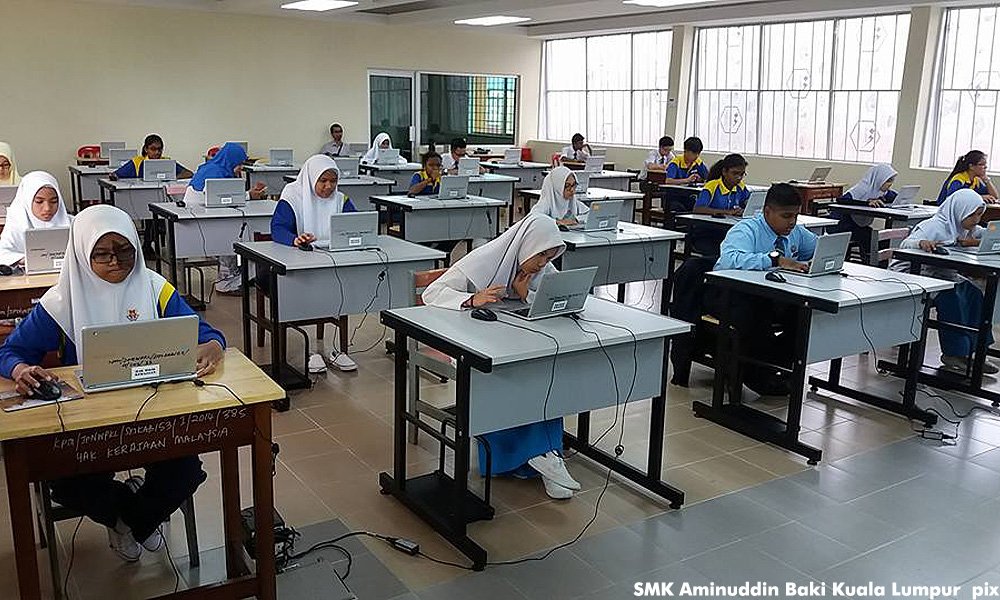
- The digitalisation of Tamil schools
The digitalisation of Tamil schools also remains as a matter of major concern among theTamil educationist groups, as most other schools are already able to bring in the element of digital education to their respective schools. However, but Tamil schools are not able to because of the lack of a support system. It’s very important for Mitra to consider this as a major programme under the 2021 Budget and also as a major development agenda under the coming 12th Malaysia Plan.
To date, we have around 500-plus Tamil schools in Malaysia and all, if not most, do not have a proper support system – PIBG (Parent-Teachers Association) or Lembaga Pengelola Sekolah (LPS, School Administrators Board) that could support the needs of the schools entirely. Some well-established schools might have a strong or influential PIBG, but not all and this is where Mitra can play the role of creating a support system to help assist these schools in achieving better standards.
I feel that the Tamil School Digitalisation agenda is one of them. Let’s say, for a start, we identify 100 schools per year and fund them with a minimal amount from Mitra to assist them to initiate the digitalisation process. How much will it cost? Assuming RM30,000 for each school, it will cost RM3 million for 100 schools each year. That’s around three percent of Mitra’s annual budget.
If implemented over the five years to cover all the 500-plus Tamil schools, it will only be just over RM15 million. With only three percent of Mitra’s funds every year, we would be able to have Tamil schools all over the country conduct digital learning for their pupils within the next five years, without being dependent on other external funds.
All of the suggestions that I have presented here will only cost Mitra an estimated 40 percent to 50 percent of its annual budget of RM100 million – but have a direct impact on at least hundreds of thousands of Indians all over the country. Assuming RM50 million has to be spent on all of these, there will be another RM50 million left in Mitra’s coffers to be utilised for other existing programmes, especially those pertaining to the basic issues faced by Indians.
Every other year Sedic or Mitra has reportedly been returning millions of ringgit in unused funds to the government, which clearly indicates the lack of a comprehensive plan to utilise the funds. Hence, why don’t we come up with a proper plan now, to ensure that we can set a better direction for the 12th Malaysia Plan?
If we can do this for 2021, I strongly believe that we can set a totally new direction for the 12th Malaysia Plan and leverage the impact of these programmes to obtain more funds from the government for Indian affairs in the following years.
SIVARRAAJH CHANDRAN is a vice-president of the Malaysian Indian Congress (MIC).
https://m.malaysiakini.com/columns/552578
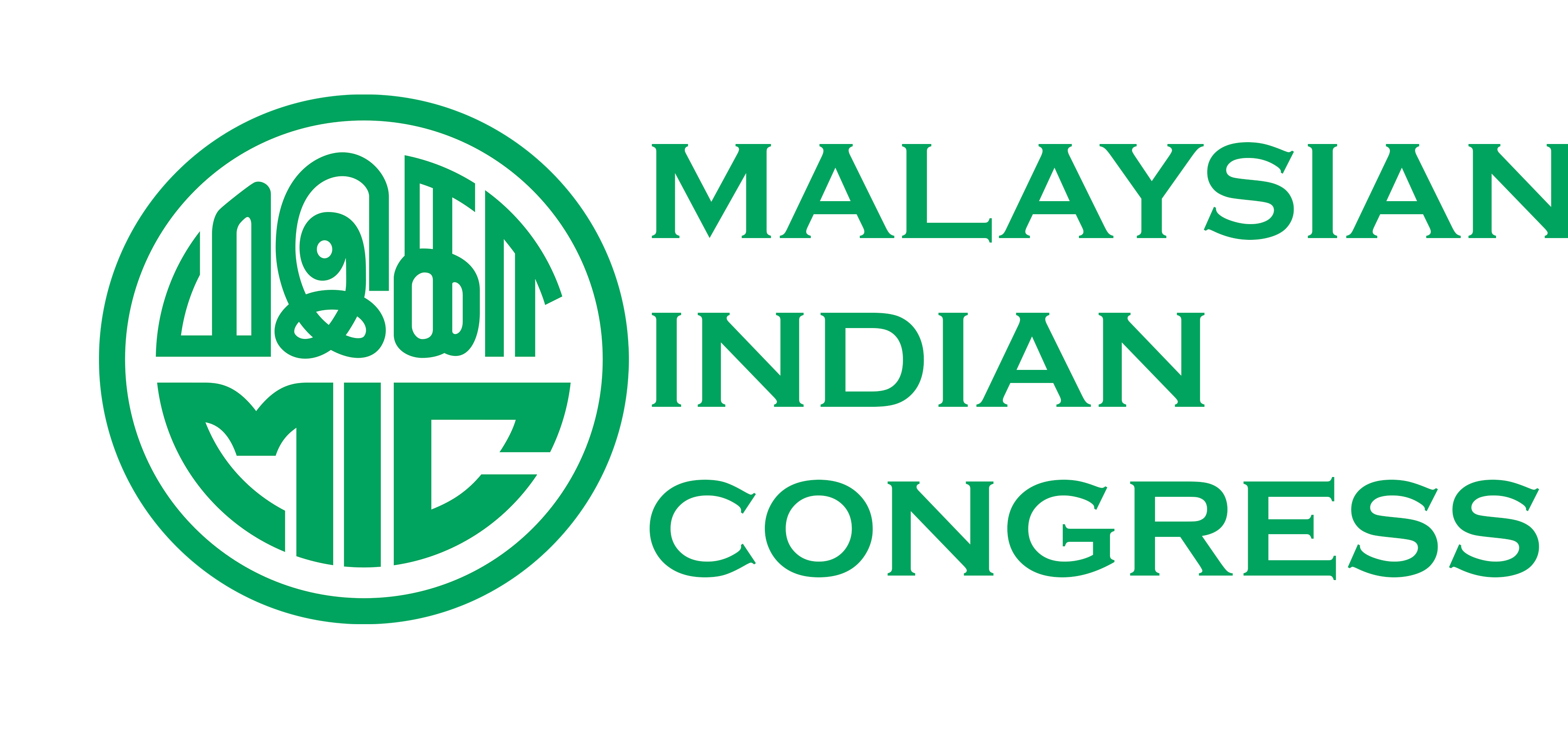
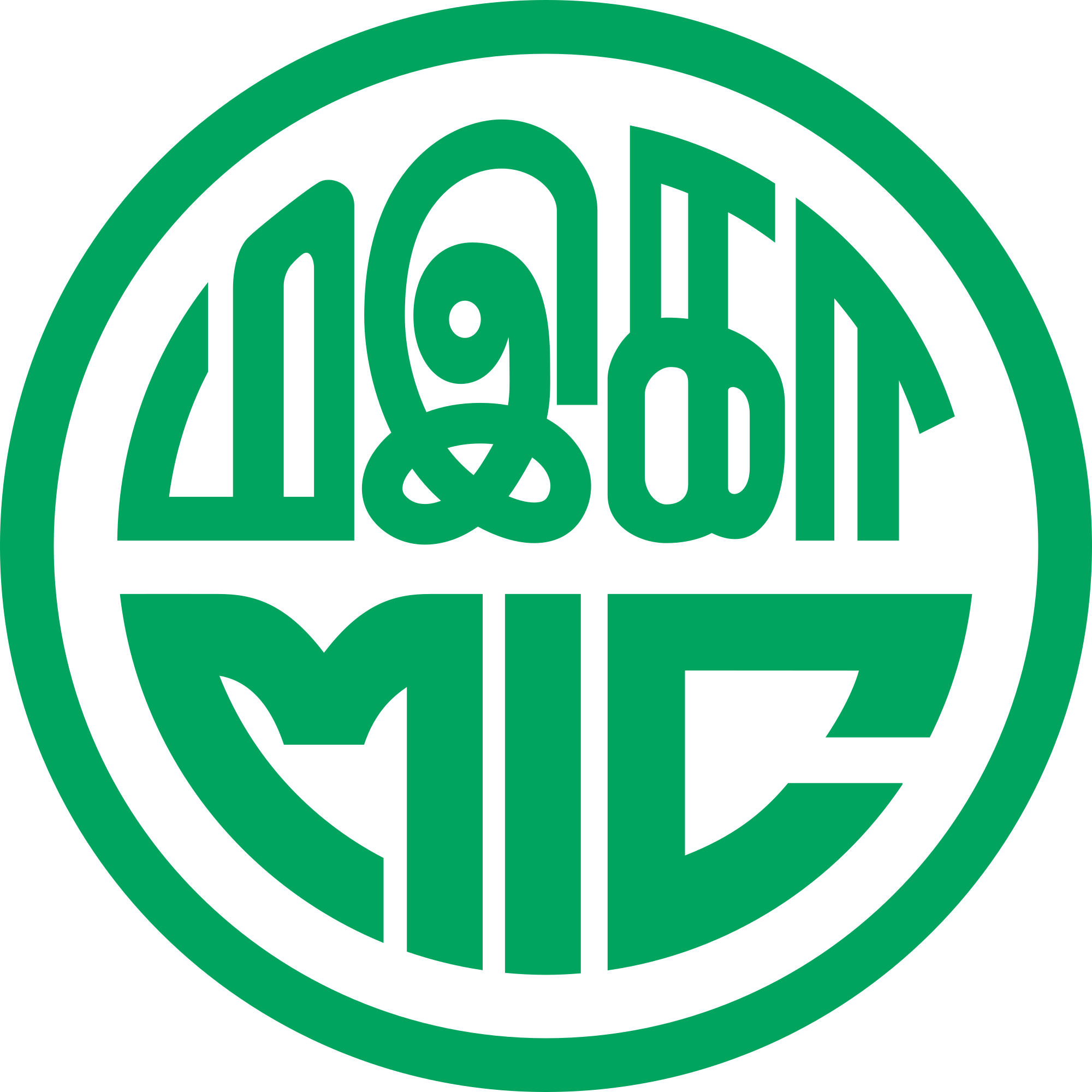
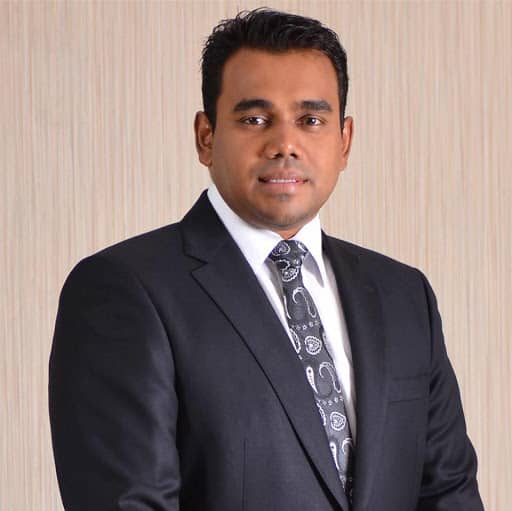


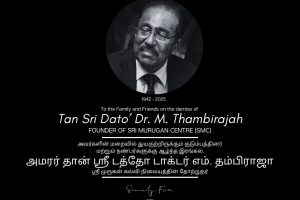
Add Comment